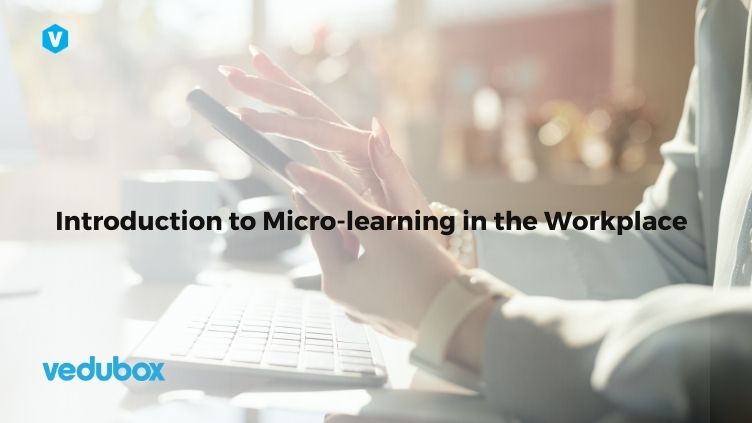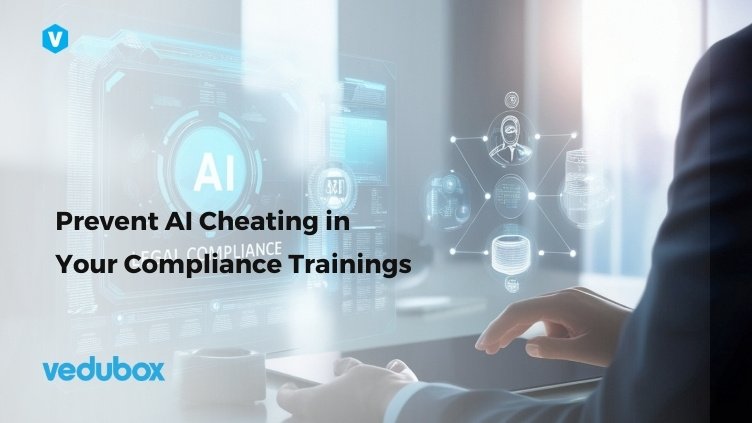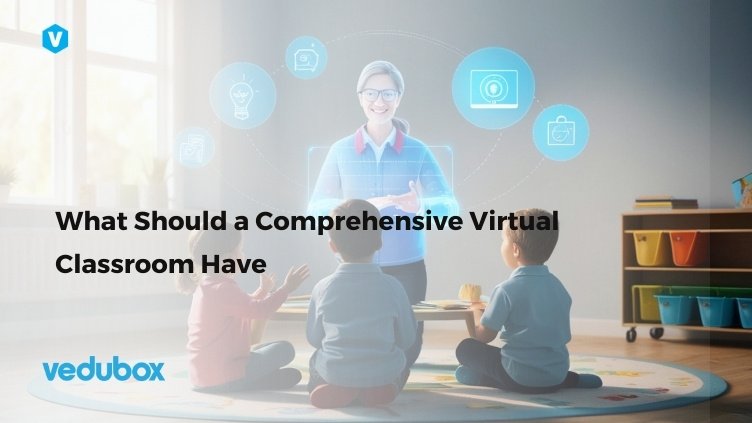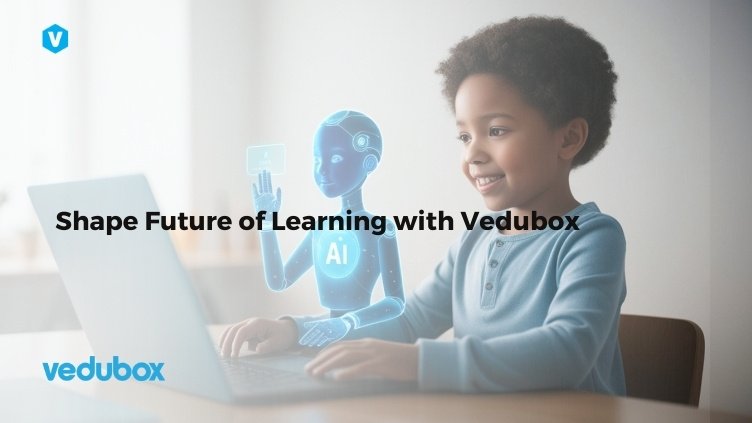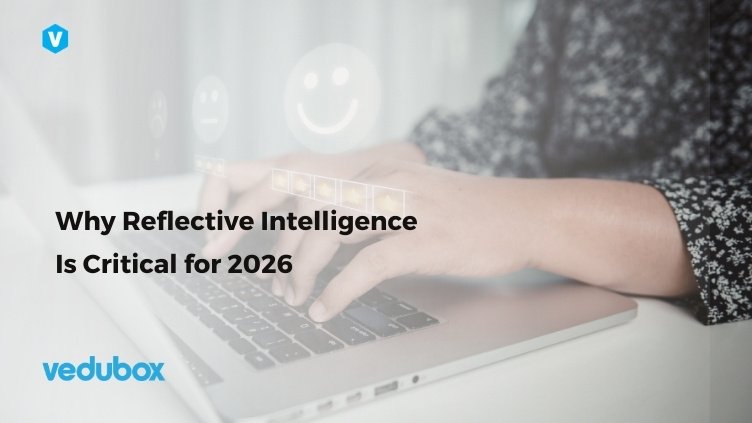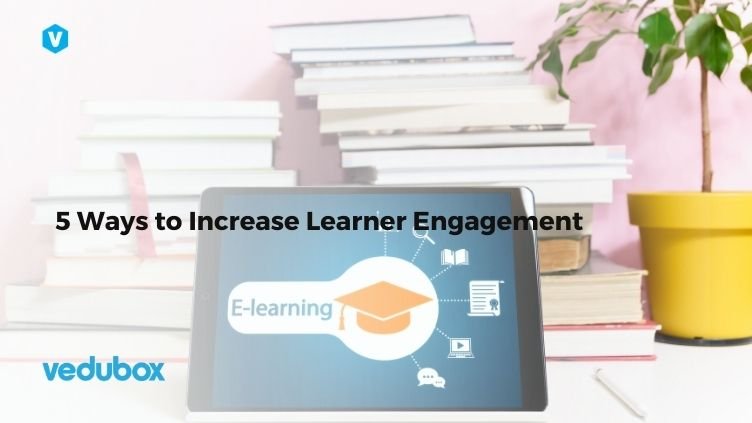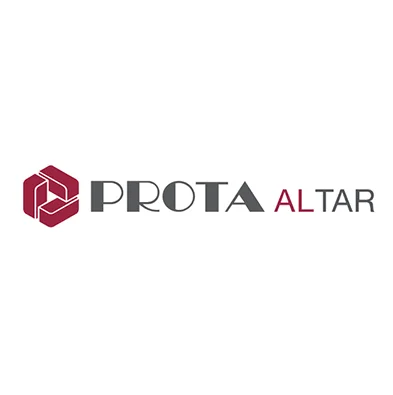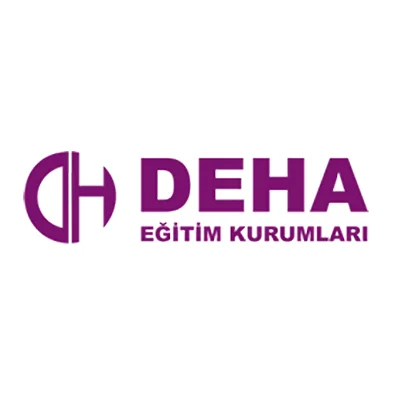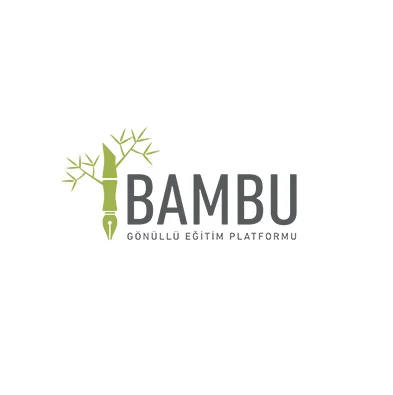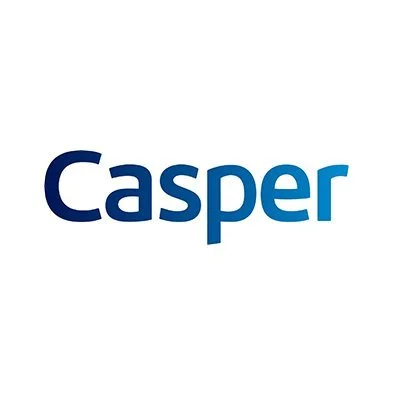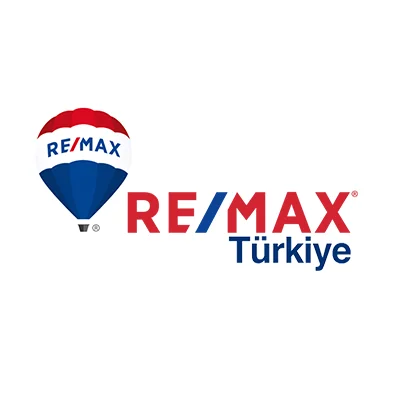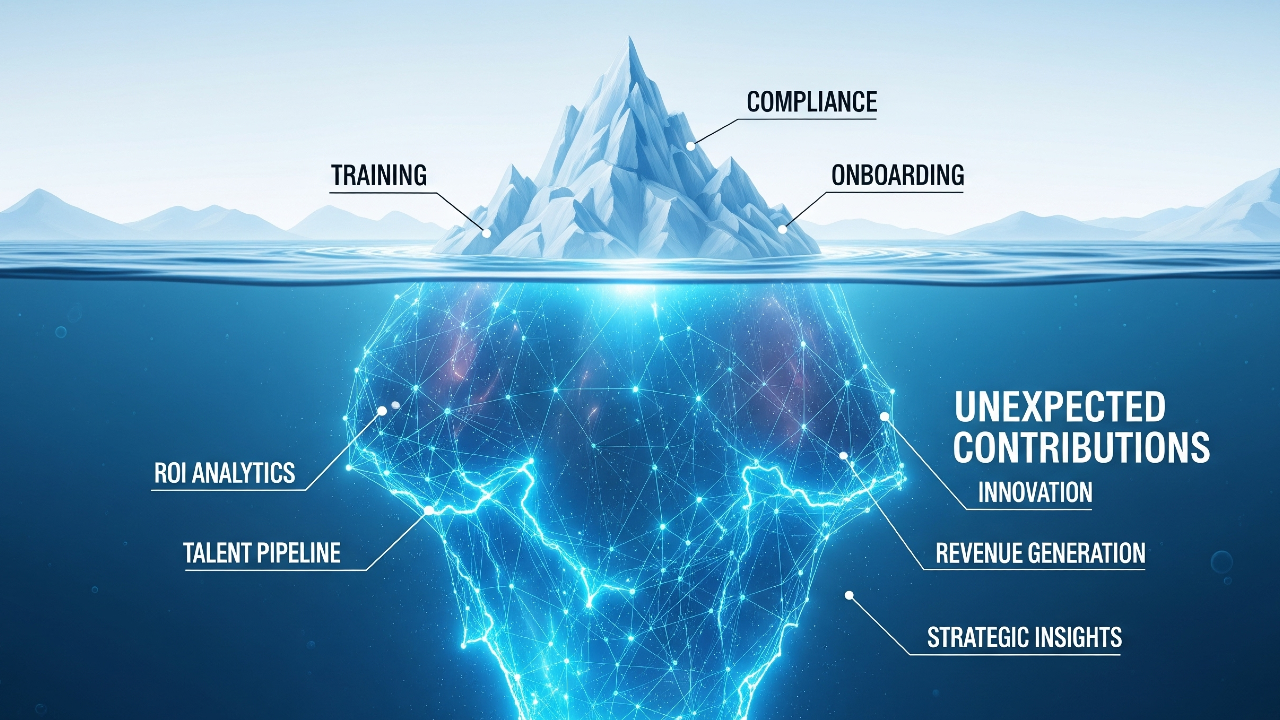If you think that a Learning Management System (LMS) is churning money without a tangible outcome, you might be missing out on its most profound and somewhat hidden quality: its ability to transform your business’s bottom line — it’s quantifiable, too!
Many organizations perceive LMSs as merely an operational expense or as a tool exclusively for eLearning courses. However, investing in modern LMS platforms, such as those offered by Vedubox, has a significant impact on the entire business, driving the desired ROI. These contributions extend far beyond traditional learning metrics — they provide strategic insights, boost revenue generation, and increase talent retention and development.
Data-driven Strategic Insights for Workforce Optimization
Contemporary use cases of LMS platforms enable your enterprise to pinpoint areas for employee improvement and cultivate an agile workforce, thereby directly contributing to achieving business goals. Dr. Greg Blackburn from elearningindustry.com cites a study by Bersin by Deloitte, which found that companies with a strong culture of learning have a 30-50% higher retention rate and a 46% higher Return on Investment in training.
Identifying Critical Skill Gaps & Strengths
Detailed learning analytics reveal where skills are lacking or abundant across departments, informing targeted training, smarter hiring decisions, and effective internal mobility programs. Disprz highlights how data analytics reveal trends in workforce performance, enabling proactive design of targeted training and identifying skill gaps, while upGrad Enterprise emphasizes aligning employee development with business goals through analytics.
Correlation with Business KPIs
Advanced LMS data can be cross-referenced with operational metrics (e.g., sales performance, customer satisfaction, project success rates) to directly link learning to outcomes, highlighting how all are measurable and positively impacting ROI. By asking the right questions and focusing on relevant data, L&D can demonstrate its impact over time and show the value of building a learning culture.
Informing Succession Planning & Future-proofing
Using learning data to identify high-potential employees, track their development, and proactively prepare them for future leadership roles, mitigating talent risks. The Access Group mentions using historical data to predict future trends and forecast staffing needs, directly supporting succession planning and future-proofing.
An LMS exposes critical skill gaps in sales teams’ product knowledge, which, once addressed with targeted training, boosts the team’s productivity by a measurable percentage. Vedubox’s comprehensive reporting features enable this level of insight.
Driving Employee Engagement, Retention & Internal Mobility
An LMS is a powerful tool for promoting a culture of constant development, which directly impacts employee satisfaction, reduces turnover, and enables career growth within the company. This feature facilitates individual learning plans that align with employees’ career goals, showing clear growth trajectories within the organization.
Internal Skill Development & Mobility
Upskilling or reskilling existing employees for new roles builds a loyal and adaptable workforce. This way, organizations can reduce recruitment costs and encourage internal transfers. Statistics show that companies offering extensive training often have significantly lower turnover rates. LinkedIn Learning reports that 94% of employees say they are more likely to stay with an organization that invests in their career development. “Employees are saying, ‘I expect you as an employer to help me keep up, and if not, I’m going to go somewhere else,’” Josh Bersin, global HR industry analyst, tells LinkedIn in Workplace Learning Report 2025.
Fostering Learning Culture
Features that encourage peer-to-peer learning, content creation, and recognition for learning achievements deepen engagement. This emphasis on development has two main upsides. One is long-term cost savings in HR activities. Every hire is a massive expense, and lowering turnover and increasing retention can have a substantial impact on reducing HR operational costs. The second is creating an enhanced employer brand, which transforms your company into a talent magnet. Vedubox’s intuitive design and diverse content options contribute directly to this engaging learning culture.
Streamlining Knowledge Management & Facilitating Innovation
If utilized effectively, an LMS can become a dynamic knowledge hub that encourages sharing and collaboration, and cultivates a culture of continuous improvement and innovation. It eliminates “tribal knowledge” silos, consistently distributes information (e.g., product updates, best practices, company policies), and speeds up onboarding for new hires. The quicker your employees obtain the necessary knowledge, the more time they have to achieve their goals.
Features such as forums, wikis, discussion boards, and content co-creation tools enable employees to share insights, collaborate on solving problems, and spark new ideas. By making learning and knowledge readily available, teams can iterate faster, learn from mistakes, and implement improvements more efficiently.
Research from the Journal of Ecohumanism found that “knowledge sharing plays a significant mediating role in the relationship between knowledge leadership and innovation speed,” underscoring the contributions of an LMS to innovation. Vedubox provides the tools necessary to build such a dynamic knowledge hub.
Enhancing Customer Experience & Driving Direct Revenue
Leveraging an LMS for external stakeholders (customers, partners, resellers) directly impacts brand perception and customer loyalty and can open new revenue streams.
- Customer Education Portals: Providing comprehensive training on your products and services to customers can significantly reduce support calls, increase product adoption, and encourage brand advocacy. HubSpot reports, “Only a 5% increase in customer retention can increase company revenue by 25-95%.” Investing in your customers’ learning also yields a beneficial return.
- Partner/Reseller Enablement: Equipping external sales channels with up-to-date product knowledge, effective sales techniques, and relevant marketing materials leads to increased sales efficiency and better market penetration.
- Monetization of Expertise: Organizations can potentially offer certified courses to customers or industry professionals, creating a new revenue stream and positioning themselves as industry leaders. Thought Industries’ case study on Sales Gravy details how they grew revenue 10 times by implementing an effective online learning solution.
These external learning initiatives explicitly connect to direct or indirect revenue generation, turning learning into a profit center. Vedubox’s competent external training and eCommerce capabilities are designed precisely for this purpose.
As we’ve seen, an LMS is far more than a training tool. It’s a strategic engine for business growth and resilience, driving unexpected and significant impact across your entire organization. It transforms from a perceived cost center to a value generator, building an adaptable, resilient, and continuously evolving workforce ready for any challenge.
The evolving capabilities of modern LMS platforms, including AI integration and personalized learning paths, mean there’s tremendous potential to unlock. It’s time to reassess your current LMS strategy and ensure you’re optimizing its usefulness.
Contact us today for a personalized demonstration of how Vedubox can transform your learning initiatives into tangible business impact.
